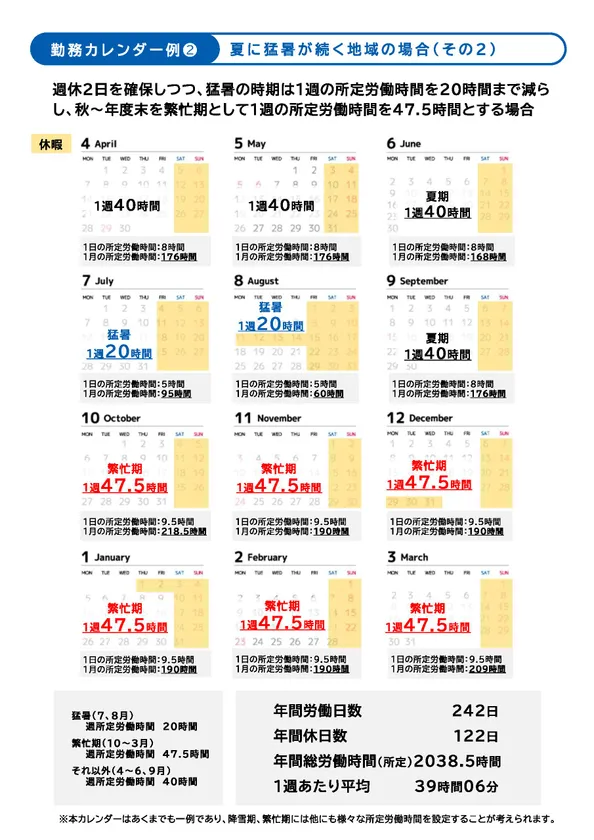Three-day workweek, five-hour workday New Ways of Working in the Construction Industry for the AI Era, August 26, 2011
Based on trends in the Ministry of Health, Labor and Welfare and the Ministry of Land, Infrastructure, Transport and Tourism, we present a vision for a sustainable future for the construction industry.
モノリスコーポレーション株式会社
Monolith Group (Monolith Corporation: Fuchinobe, Chuo-ku, Sagamihara City, Kanagawa Prefecture; President: Tsuyoshi Kawamura / Kawamura Kogyo: Shimo-Oyamada-cho, Machida City, Tokyo; President: Atsushi Kawamura) sees the "3-day weekend and 5-hour workday," an example of the Ministry of Health, Labor and Welfare's measures to combat extreme heat, as a new way of working in the construction industry The company sees this as an initiative to create a sustainable future for the construction industry.
For construction sites, which are chronically short of labor, "measures against heat wave" is an issue that cannot wait, and is truly an important theme that will determine the future of the industry.
At the same time, we would like to inform you of the new ways of working in the construction industry, which we believe will be combined with the AI age that is just around the corner.

Example of variable work calendar
The future of the "3-day workweek, 5-hour workday
The introduction of a "3-day workweek and 5-hour workday" is not merely a stopgap measure, but has the potential to attract young people by establishing a summer vacation-type work style, even though it is only available during the months of July and August. The "5-hour workweek" is not just a stopgap measure.
The work of craftsmen and engineers working at construction sites will not disappear in the future. Rather, it is a value-added initiative that requires a long-term outlook.
Ministry of Land, Infrastructure, Transport and Tourism's Measures to Prevent Extreme Heat
The Ministry of Land, Infrastructure, Transport, and Tourism (MLIT) has changed the wording of its 2025 revision of its cost estimating standards to "consideration" for measures against extreme heat, rather than the previous "consideration. Specifically, the revised standard now requires that the construction period be set with consideration for extremely hot days, and that if more extremely hot days than expected are confirmed, "the construction period shall be appropriately changed (extended) and additional costs shall be recorded according to the number of days of extension. This is virtually the same as making it mandatory, and efforts to improve the work site environment are inevitable. If measures against extreme heat are made mandatory, this will naturally lead to a review of the construction schedule, and the Ministry of Land, Infrastructure, Transport, and Tourism will revise its "Approach to Setting Construction Schedule" for public construction for the first time in seven years.
(Source: Ministry of Land, Infrastructure, Transport and Tourism, "Revision of Estimation Standards for Civil Engineering Works and Services of the Ministry of Land, Infrastructure, Transport and Tourism in FY2025," effective April 2025)
Value of Craftsmanship in the AI Era
In the AI age, which is just around the corner, the sifting process will continue to determine whether or not professions will be eliminated. While "jobs that can only be done on-site" will surely remain, craftsmen's work is also beginning to be affected by AI.
This is why craftspeople who can follow AI will be the ones who survive and pave the way for the future.
It is time for the construction industry to seriously redraw the working environment of the future.
■Future Working Environment of the Construction Industry
The latest developments from the Ministry of Health, Labor and Welfare and the Ministry of Land, Infrastructure, Transport and Tourism indicate that the time has come for the construction industry to seriously redraw its "future work environment. The Monolith Group sees this as an opportunity to revitalize the industry as a whole, and is committed to proposing a sustainable model for reforming the way the construction industry works.
- Category:
- Corporate Trends
- Genres:
- Construction Economy(Japan) Technology

